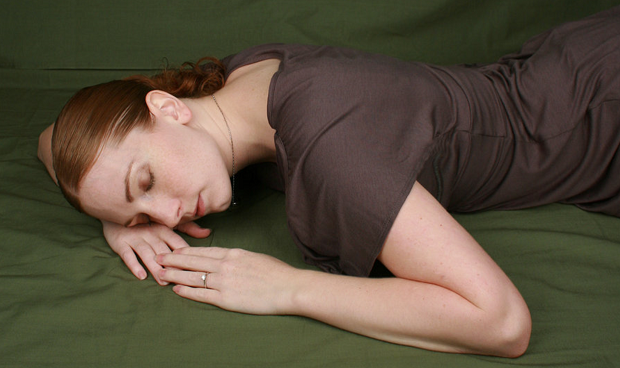Insomnia is something that many of us have struggled with at some point in our lives. And it can be an incredibly frustrating experience as your body will feel worn out, but your mind will be restless, and that perfect night’s sleep will become ever more elusive as your health deteriorates due to lack of rest.
But thankfully, there are a few basic tips that you can follow to minimise the effects of insomnia, and understanding the root of the problem is a good place to start.
Insomnia
The NHS website states that around one third of the UK population suffers from episodes of insomnia. And interestingly, it is thought to be more common amongst women and it increases with age.
Insomnia is characterised as being unable to get to sleep, or being unable to stay asleep long enough to feel fully rested the next day. And whilst it is hard to gauge exactly how much sleep is necessary to function properly, it is thought that between seven and eight hours sleep is optimal for most adults.
Causes
There can be many factors that influence our sleeping habits. Anxiety and stress are the most common causes of insomnia as the mind dwells upon the negative thoughts of the day in a way that prohibits prolonged sleep.
This has a particularly annoying ‘vicious-circle’ effect as we realise that it is our mind that is stopping us sleeping, and in turn the lack of sleep leads to increased anxiety about being able to sleep properly.
It’s also worth noting that many modern influences such as caffeine, alcohol and even the blue-light generated by devices such as smartphones can limit our ability to get to sleep.
Relief
Thankfully, there are a few things that you can do to beat insomnia. Firstly, it’s important to make sure that your sleeping environment is optimised to ensure a good night’s sleep.
This can be done by investing in a good quality mattress that allows your body to rest in comfort. And if you have kids with sleeping problems, then think about treating them to a brand new bunk bed which will provide a much more attractive sleeping environment.
If unwanted outside light is an issue, then purchasing some thick curtains could be a solution. And a white noise making machine can mask any unwelcome sounds in a way that aids sleep.
It’s also important to realise that our sleep occurs in patterns that our body naturally recognises. So try and establish a regular bedtime routine to help your body to feel sleepy at the correct times.
This can be done by allowing yourself a good amount of time to ‘wind down’ in the evenings. In particular avoid heavy meals and caffeinated drinks close to bedtime. And be wary of using smartphones and tablets in bed, as the light generated by these devices can inhibit your body’s production of melatonin which is the chemical that is produced to make fall asleep.
